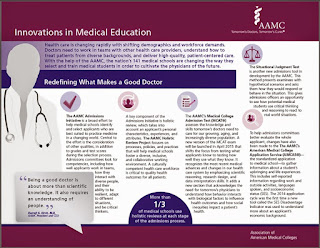Rural Community Health Program Expands Footprint With Launch In Ludington

The Michigan State University College of Human Medicine (CHM) has announced a new Rural Community Health Program (R-CHP) partnership with Spectrum Health Ludington Hospital . Ludington, on the northwest coast of Michigan's Lower Peninsula, becomes the sixth Rural Community Health Program site. Partnered with hospitals across northern and mid-Michigan, the program is designed to provide students with enriched clinical experiences, rural public health leadership opportunities, and small town lifestyle experiences that will encourage alumni to establish practices in Michigan's rural communities. Rural communities participating in the R-CHP program have been selected based on exemplary educational and clinical opportunities within each community. Once selected for the Rural Community Health Program, MSU’s medical students will spend up to six months at the hospital learning clinical skills and gaining experience with the varied roles of a rural physician. “We have t








